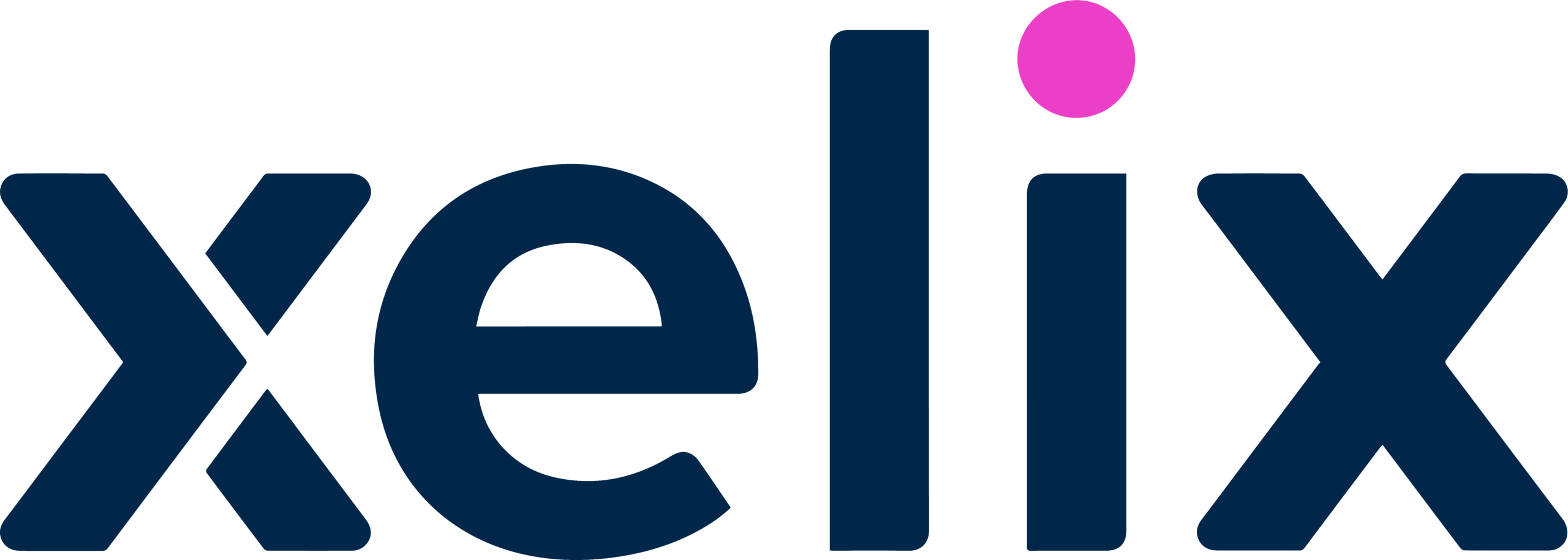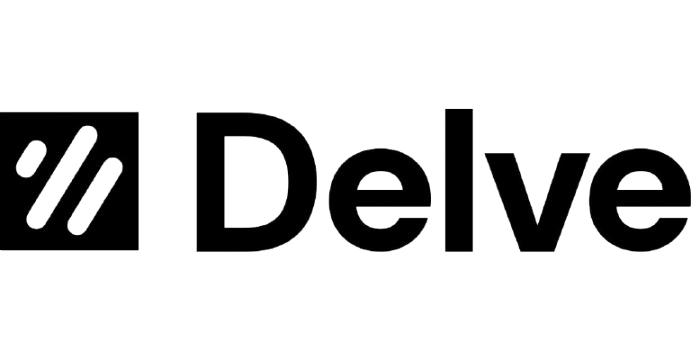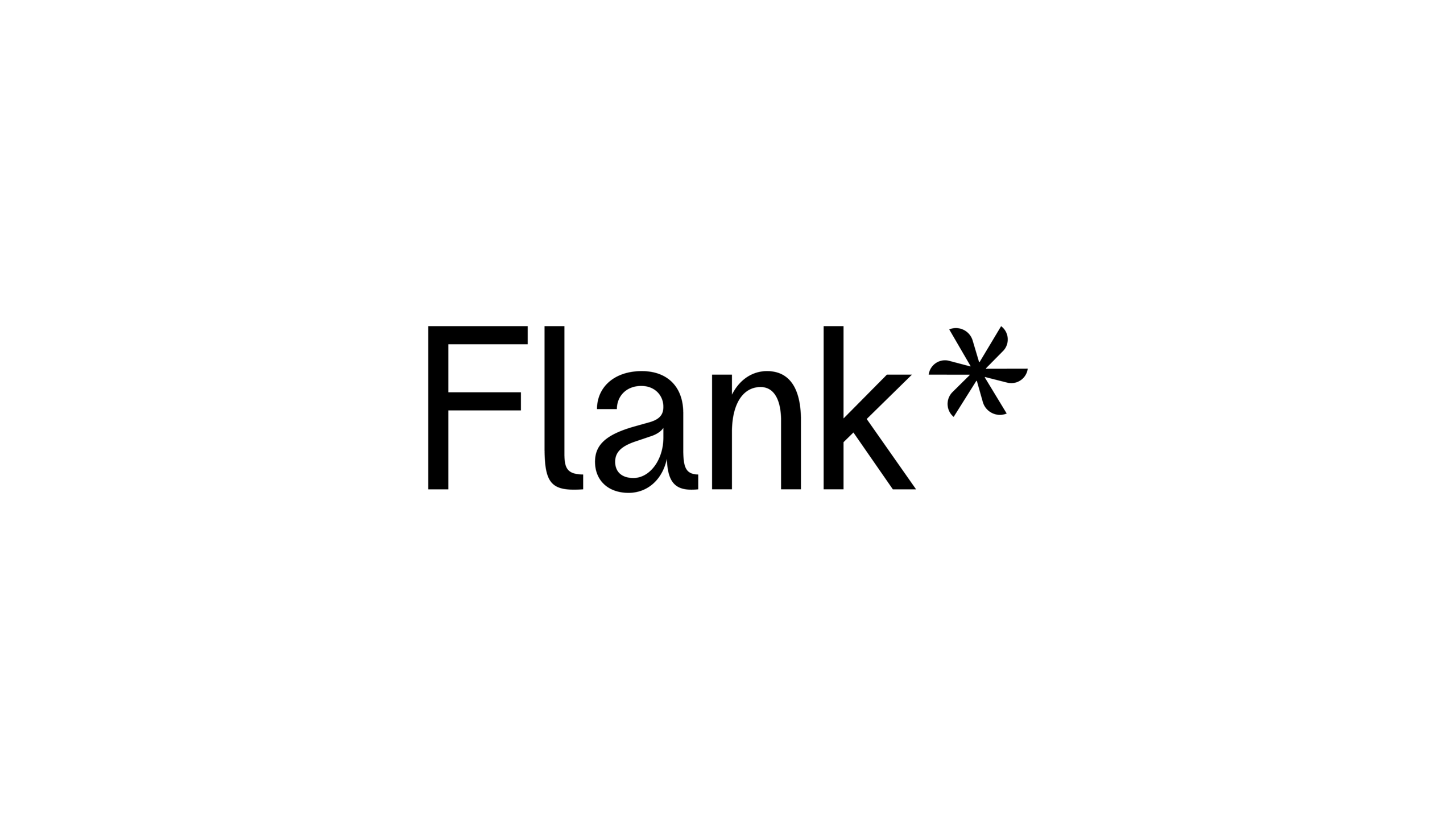Allyson White is a Vice President at Insight Venture Partners. She works with software companies on customer success strategy and how to structure for best-in-class retention rates. In this blog, Allyson outlines some strategies for identifying and hiring top talent for customer success roles.
Finding the Needle in the Haystack
You’ll typically receive a flood of applications when you post a job offer for a CSM (customer success manager) position, but few will have prior customer success experience. Don’t be discouraged: customer success is an evolving, multidisciplinary profession, and strong CSMs come from many professional backgrounds.
The most successful customer success teams in Insight’s portfolio identify CSM talent in high potential recent graduates, former customers, or the services, product, and support teams in their organization. If a candidate has insufficient work experience to serve as a barometer of capability, what competencies should you look for when you interview a potential CSM? How can you attract the best talent, prioritize the flow and identify customer success rockstars?
An Executive Coach for Your Customer
Think of a CSM like an executive coach for your customer. Great executive coaches guide leaders on their career journey. Executive coaches can push leaders to take their careers to the next level, and also help stalled leaders get their careers back on the path to success.
Similarly, rockstar CSMs win the trust of your customers and take high potential customers to the next level of value; at the same time they boost customers who are struggling to get value. They are passionate about making customers successful. For example, good CSMs equip their day-to-day customer contacts with information to advocate for an expansion opportunity with their managers or procurement team. In a struggling customer, the CSM is proactively recommending a training webinar to re-teach a key feature.
Successful CSMs think like an executive coach. To capture this, Insight Onsite suggests that companies look (and test) for six competencies when hiring a CSMs:
Emotional Intelligence
This CSM is adept at understanding customers and their motivations, uncovering what matters to them in order work together effectively. CSMs with EI are aware of how others perceive them and quickly find commonalities to connect with customers.
- To evaluate for EI during the interview process, ask the candidate to describe a time when she built a strong professional relationship with a peer or client, or to describe the network map at a current client or job. What approach did she take? Can she articulate the other individual’s motivation? What is the result?
Excellent Communication Skills
Candidates can clearly explain ideas in the client’s vocabulary with relevant, digestible examples that make complex topics seem simple.
- To test, ask candidates to explain a complex topic or ask them to explain part of your product as if you have never used it before.
Active Listener
CSMs have a trained ear to hear a partial idea or thought and summarize with insight and actionable next steps.
- To test, look for signs of active listening throughout the interview. You can also role play with the candidate during the interview. The interviewer plays the customer. Is the candidate focused and does she listen and play back what she is hearing?
Goal-oriented
This CSM sets achievable, specific and measurable milestones for the customer and is persistent and unwilling to give up in the face of a challenge.
- To test, ask the candidate about a recent achievement. Did she have a clear goal in mind? What obstacles did she overcome on the quest?
Data-driven Pattern Recognition
A good CSM quickly identifies the similarities across customer situations and chooses which tools to apply from her tool kit.
- To test ask candidates about the types of problems that they enjoy solving. What is their approach? What metrics would they want to know about a customer? Why? What trends are they looking for?
Prioritization
This reflects a knack for identifying the most important action items for individual customers and across customer accounts.
- While there may be a list of 20 things that a customer should do, strong CSMs can identify the 1 or 2 achievable things that can drive immediate value. For example, these CSMs will recommend a small change – like a 15-minute onboarding meeting with new users or a training session on a new feature – to quickly improve value.
A Skills-Driven Interview Process
Knowing what competencies are present in the most successful CSM in your organization is the first step to forming a strong team – a group of people that will serve as executive coaches for your customers. The second step is to evaluate your current CSM job-posting and interview guides. Will the former attract and identify the people best equipped to coach your customers? Do you have an interview scorecard, and if not, what characteristics are you testing for in the interview? If these don’t exist, it’s worth taking the time to create them.
CSMs that coach their customers have higher retention rates, larger deal sizes, and committed customers with high usage and NPS scores. Next time you recruit, make sure you’re testing for your next executive coach – everyone needs one, especially customers.
Send us a note and let us know what qualities you look for in a CSM. Want a sample interview guide for customer success? Send an email to awhite@insightpartners.com to request.












